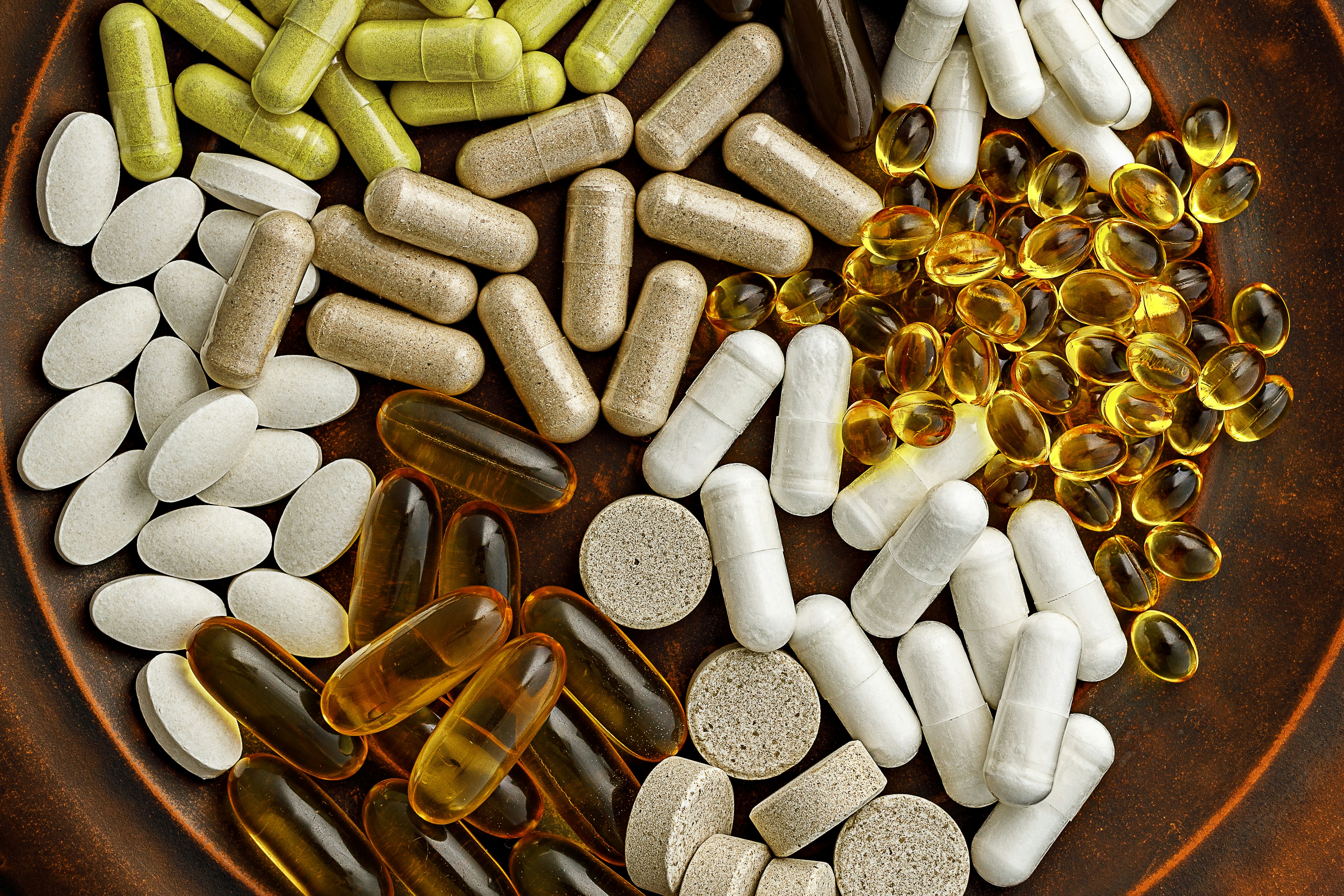
Gummy multivitamins have become a way to entice adults to take their daily dose of everything they need. 100 percent of your daily iron and candy for breakfast? Win-win. But according to new research, these multivitamins may not be doing any good.
The United States Preventative Services Task Force (U.S.P.S.T.F.) released its 2022 systematic review and recommendation last week regarding multivitamins — specifically, effectiveness of multivitamins at preventing cancer and heart disease in healthy Americans. In its update to its last statement on the topic in 2014, the Task Force says there’s both insufficient evidence for definitive benefits from a multivitamin, as well as evidence that supplementation of certain compounds is even harmful.
Jenny Jia, a physician at Northwestern Medical, tells Inverse that this information will shift how preventative care is practiced. “Now that we see that, unfortunately, vitamin supplements are not a silver bullet for prevention of heart disease or cancer in healthy Americans, what should we as providers be focusing on instead?” Jia was not on the Task Force, but co-authored an editorial in the journal JAMA on the updated recommendation which was published on the same day.
LONGEVITY HACKS is a regular series from Inverse on the science-backed strategies to live better, healthier, and longer without medicine. Get more in our Hacks index.
Science in action — The U.S.P.S.T.F. pored through 84 recent studies on multivitamins. Together, this work included a total of 739,803 healthy American participants, meaning they had no vitamin deficiencies or other pre-existing conditions. Then, the task force looked for incidences of heart disease and cancer in this population.
Their conclusion? “Vitamin and mineral supplementation was associated with little or no benefit in preventing cancer, cardiovascular disease, and death.” And, the compound beta carotene was “significantly associated” with an increased risk of lung cancer and cardiovascular death, especially in smokers.
It may be puzzling that something like beta-carotene, which naturally occurs in veggies like carrots and which the body converts into vitamin A, could be harmful. It turns out bottling the healthiest parts of a vegetable is tough.
“We thought that we maybe had isolated the healthiest parts of fruits and vegetables into these pills,” Jia says of supplement development. However, she says, “it’s hard to separate a vitamin out from the rest of the package, the other phytochemicals, the fiber,” she says, referring to the nutritious plant chemicals that produce gives us.
In fact, it could be that fruits and veggies have a synergistic impact; it’s not one vitamin or mineral working alone, but everything that comes with that bite. In other words, we can isolate the main vitamin or mineral from carrots, but we lose a lot more than just ingredients when it’s separated from the veggie.
Studying this synergy would take gobs of time and money, however. Jia tells Inverse that even choosing a starting point is a challenge since there are so many combinations to try. Single vitamins and minerals are easier to study because there’s one active compound.
Why it’s a hack — Taking supplements isn’t just about physical health, but also cash. According to Jia’s editorial, U.S. buyers may have spent nearly $50 billion on supplements in 2021. That same year, the vitamin industry spent about $900 million on marketing. And since supplements don’t require approval from the Food and Drug Administration for marketing and sales, they don’t receive the same scrutiny that medicines do and thus get to market more swiftly. In fact, while supplement producers must demonstrate their products are safe and the labels aren’t misleading, as long as the capsule doesn’t contain any novel ingredients the company doesn’t have to show the F.D.A. any safety proof before the sale.
There are two key things to remember about this news and new recommendations:
- It looks at how supplements prevent cancer and heart disease only.
- It looks at supplements only in healthy people (i.e., people who aren’t pregnant and don’t have vitamin deficiencies)
“For pregnant Americans, it is still very important to take the prenatal multivitamin,” Jia advises. Folic acid, a.k.a. vitamin B9, is crucial for healthy fetal development. She continues that those with nutrient and vitamin deficiencies of course should keep taking their supplements. She notes that, for example, vitamin B12 comes mostly from animal proteins, so people who don’t eat meat are more likely to have that deficiency and could benefit from a supplement.
How it affects longevity — For healthy folks, it’s better to get vitamins and minerals from the food rather than the drugstore. The synergistic effect from fruits and veggies will likely do more for the body than supplements ever will.
In lieu of supplements, Jia returns to tried-and-true counsel that everyone has heard before. “Adopt healthy diets, exercise regularly, maintain healthy weights, don't smoke,” she says. She recognizes this is easier said than done, especially because nutritious food and time and space for exercise aren’t accessible to everyone. “Thinking about how we can get our policies and public programs to align better with promoting the long-term health of all Americans is important,” she tells Inverse.
One 2012 paper that looks at the impact of regular exercise on lifespan found that daily movement could increase longevity by as much as seven years. And depending on when one adopts a consistent, healthy diet, the practice could add a decade to life expectancy.
Hack score — 🤸🏿♂️🤾⛹🏽🍏🥦🥕/10 (6 out of 10 healthy exercise and eating habits instead of supplements)







